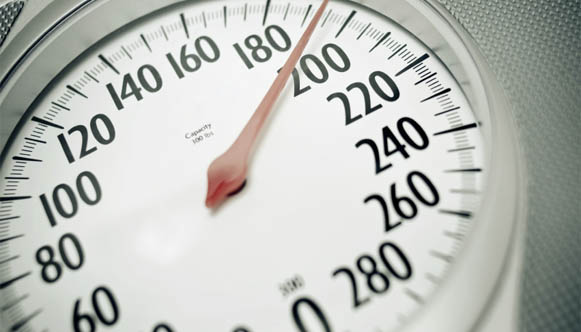Though the holy month of Ramzan is associated with deprivation, overeating is a common practice once the sun goes down. In many hospitals, the month means a sharp rise in inpatients.
Doctors often complain that they see a fair increase in digestive-related complaints with an uptick in cases of indigestion, gastroenteritis and peptic ulcer disease in Ramzan.
Though experts agree that fasting itself isn’t the problem, so much as how it’s practised. The month which is associated with self-discipline is spent overeating, sleeping, and taking more calories than usual.
In Gulf countries, thousands are hospitalised due to fasting-related illnesses. It’s a combination of overeating or binge eating, and reduced immunity due to dehydration and bad sleeping habits.
Heat stress due to dehydration, particularly among construction workers, is a particular problem. There is also an increase in traffic accidents, which many attribute to fasting-related drowsiness.
According to doctors, fasting and poor sleep aid this. They lead to tiredness and a lack of concentration.
Fasting-related illnesses have become an increasing problem in Gulf countries. In 2011, the Hamad Medical Corporation in Doha reported 7,700 cases in the first week of Ramzan alone.
There’s a surge in uncontrolled diabetes cases during Ramzan. Flare-ups are often aggravated by the fact that many with the disease forgo their medication during this time.
A recent study in the journal Lancet showed that inactivity, regardless of weight and other factors, increases risk of chronic diseases and earlier death.
But sweets are also to blame. A fasting brain prefers high-calorie carbohydrates above all. Scientists in Ajman, the United Arab Emirates, observed that more fats and sweets were consumed during Ramzan.
Of 173 families interviewed in Jeddah, Saudi Arabia, two-thirds reported weight gain among some or all of the family members after Ramzan. Many pointed to the rich food and lack of exercise.
Sleeping through a fast may sound inspired, but it sabotages good health in several ways. First, more time is spent awake during the fasting hours. And disrupted sleep cycles affect hormones that act on metabolic rate and appetite. The body responds by eating more.
Doctors have advised to start with a soup like a lentil, have some salad and meat stay away from Ramzan sweets or have a little only. If done with proper guidelines, fasting can help you to lose weight and decrease stress.














